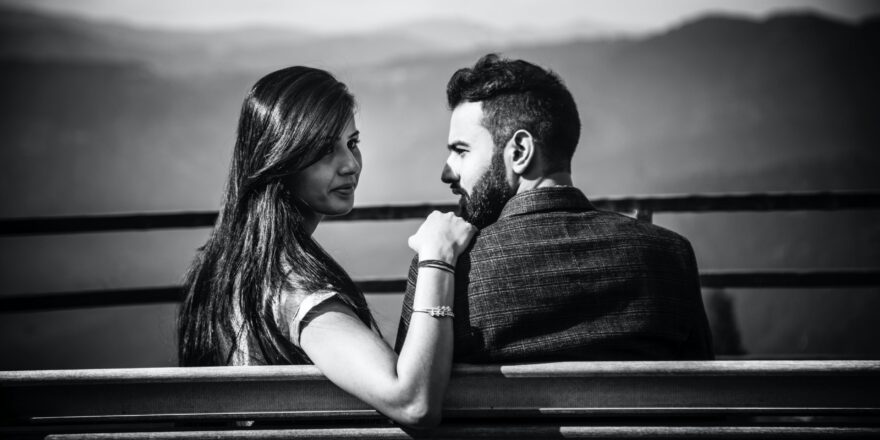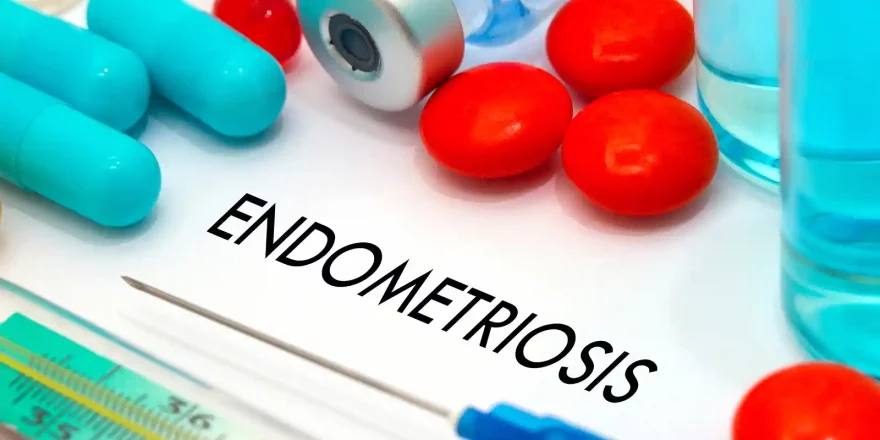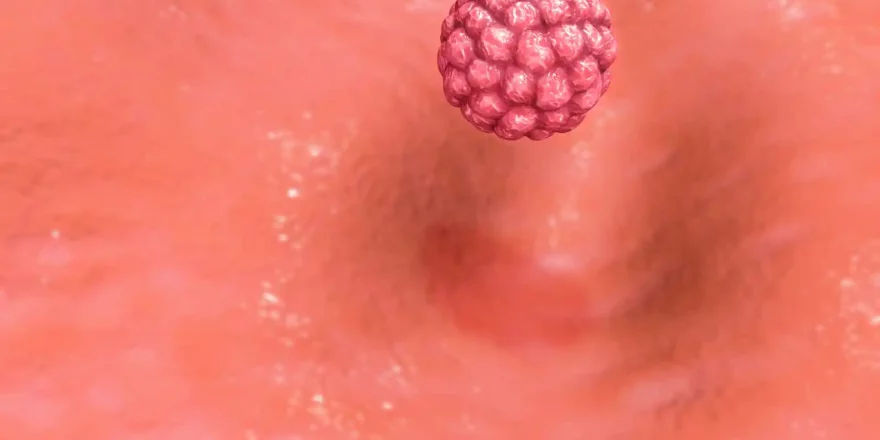Unexplained infertility is the diagnosis almost a third of couples who go to fertility clinics receive i after they’ve had a wide range of fertility tests. To be told at the end of this “we don’t know” is distressing and frustrating. In an ideal world, the “fertility work-up” involves laparoscopy to check fo...
Miscarriage Causes & Treatments
The only type of miscarriage that can be treated successfully during pregnancy is a threatened miscarriage, as inevitable, missed or incomplete miscarriages can’t be saved. If a miscarriage is suspected, seek medical advice at the local “early pregnancy unit”, and the signs of threatened miscarriage are usually: Mild bleeding Cramping a...
Genetic Issues
Turner’s syndrome only affects women, with about 1 in 2000 to 5000 girls born with it. A complete or partial lack of a sex chromosome results in a woman having “XO” rather than the usual “XX” complement of sex chromosomes. Because part of the second X chromosome is sometimes present, there are variations in the syndrome. These include a wide r...
Lifestyle and Fertility
Lifestyle and Fertility Our lifestyles can have a big impact on our general health and fertility levels, and lifestyle choices can be changed for free! Quite why lifestyle is so important to both sexes is explained in the introduction to lifestyle and fertility. Making positive lifestyle choices can make a huge difference to the chances of get...
Endometriosis – Causes & Risks
Causes & Risks for Endometriosis Despite an enormous amount of research into the cause of endometriosis, there’s no definite explanation for how it develops! The five theories currently in circulation are: 1. “Retrograde menstruation theory.” This menstrual theory has been around for over 100 years. It suggests that when ...
Treatments for Endometriosis
There are a wide range of treatment options for endometriosis, and the choice of which one is most appropriate depends on the severity of the condition and whether a pregnancy is desired. Because most standard non-surgical options prevent pregnancy, they’re not appropriate when trying to conceive. Unfortunately, all the standard treatments ha...
Female Age
Female age affects fertility, with peaks in a woman’s late teens and early 20s and doesn’t usually reduce noticeably until she reaches about 32. From this point, a woman’s fertility becomes increasingly affected by the number and quality of eggs she has remaining in her ovaries. However, it’s possible to check egg numbe...
Implantation Failure
Implantation failure is a significant cause of infertility (and the reason given for about 70% of IVF failures) but is often overlooked as a reason for not conceiving. There are, of course, differences between IVF cycles and natural conceptions and a variety of reasons why healthy embryos don’t become babies. Implantation is a complex pr...
Luteal Phase Defect Treatment
Luteal phase defect treatment (LPD) is complicated because there are multiple causes of this condition, and a number of associated conditions that also reduce fertility. There’s a range of effective treatments and self-help options for many of the causes, but it’s crucial to diagnose the condition first, which is confirmed when: L...
Get Pregnant Quicker
Getting pregnant quicker is possible with a tried and tested method that significantly boosts monthly conception rates and is called “fertility charting” to identify the most (and least) fertile days in the menstrual cycle. Simply recording two things makes a massive difference to the chances of falling pregnant: The basal body temperature (B...







